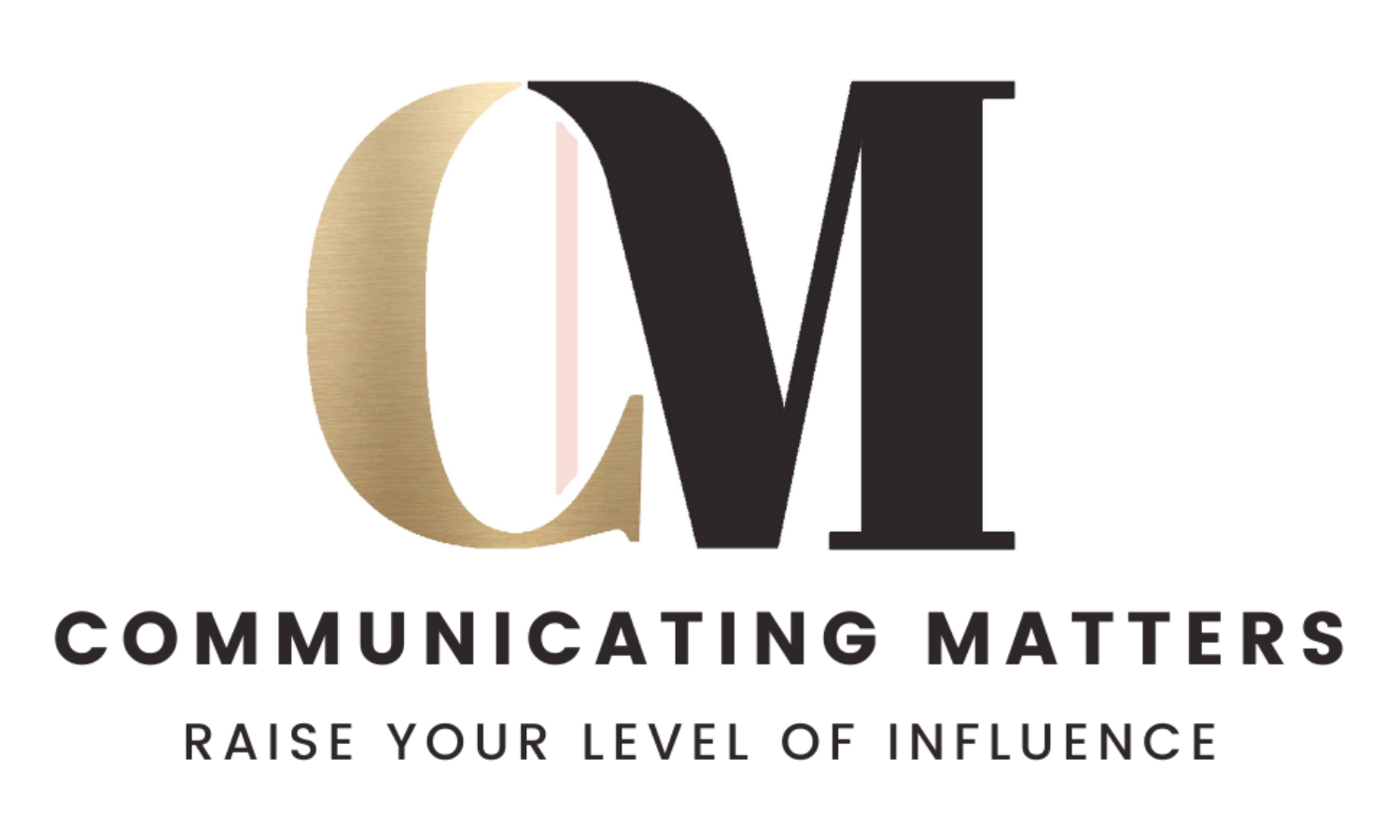Mistakes at work can be a sensitive subject. Do you admit to them, or brush them under the rug and hope no one notices?

The answer may depend on whether your organization embraces learning from missteps or has a culture of covering them up.
When employees fear public shaming, reprimands, or even job loss, they’re more likely to choose the cover-up route. But what’s the cost of hiding a mistake, and can revealing errors actually benefit your organization?
A friend of mine recently shared a frustrating experience with her bank: a teller had held onto her check for weeks without depositing it and had also failed to issue a receipt. This wasn’t the first time this had happened, and though frustrated, she still believed her funds would be added to her account. Weeks passed, and as she reviewed her records, she noticed the check still hadn’t cleared.
She called the manager, who apologized profusely, and took swift action to remedy the situation. Seeking advice and wondering if others had similar experiences, she posted her story online. Sadly, the manager’s attempt to downplay the mistake had already undermined customer trust, sparking questions about the bank’s reliability. The cover-up, it turns out, caused more harm than the initial error.
Why does trust matter so much? In finance, trust is the foundation of transactions, built on accuracy, timeliness, and meeting expectations. But when fear drives employees to hide mistakes, small issues can balloon into much bigger problems.
Imagine an alternative approach. When teams feel safe to admit mistakes, they can address issues openly, learn from them, and make improvements. This concept of psychological safety—pioneered by Harvard Business School Professor Amy Edmondson—is crucial to team success. In her research, Edmondson found that highly effective teams actually reported more mistakes. The reason? Their members felt secure in admitting them, knowing that they wouldn’t face backlash, but rather, an opportunity to grow and learn. These teams communicate freely, ask questions, and feel valued and respected.
So, what’s the takeaway? If accuracy and trust are key values in your organization’s culture, consider how you can foster psychological safety. When people feel secure enough to admit mistakes, they’re more likely to address issues before they escalate, strengthening the organization’s processes and trustworthiness.
Are you ready to take the next step in building a culture of trust and psychological safety? Connect with me to discuss how we can work together to create a workplace that values openness and learning. Let’s talk about how we can elevate your team’s communication and empower them to thrive.
Sign up for blog updates!
Join my email list to receive updates and information
